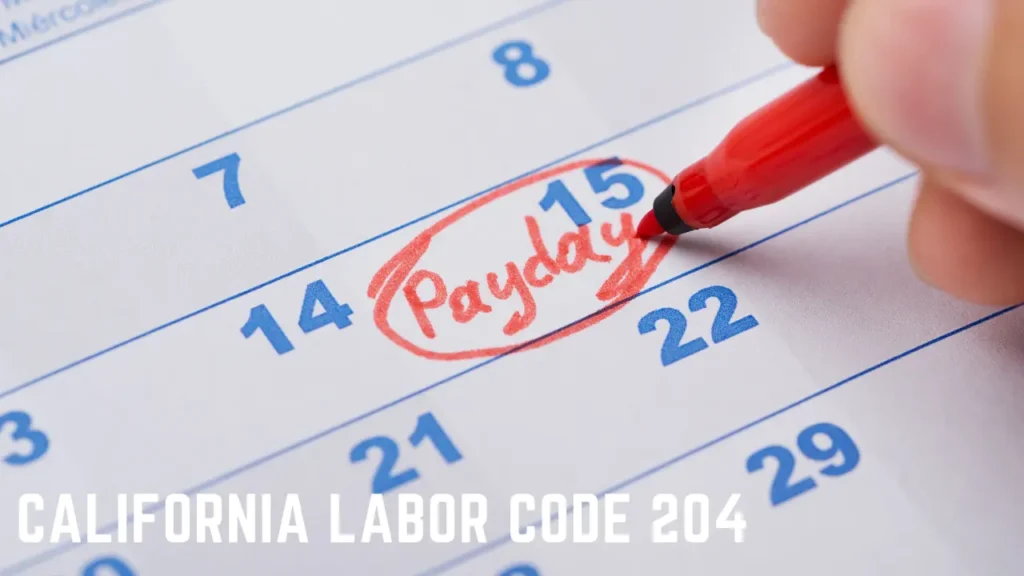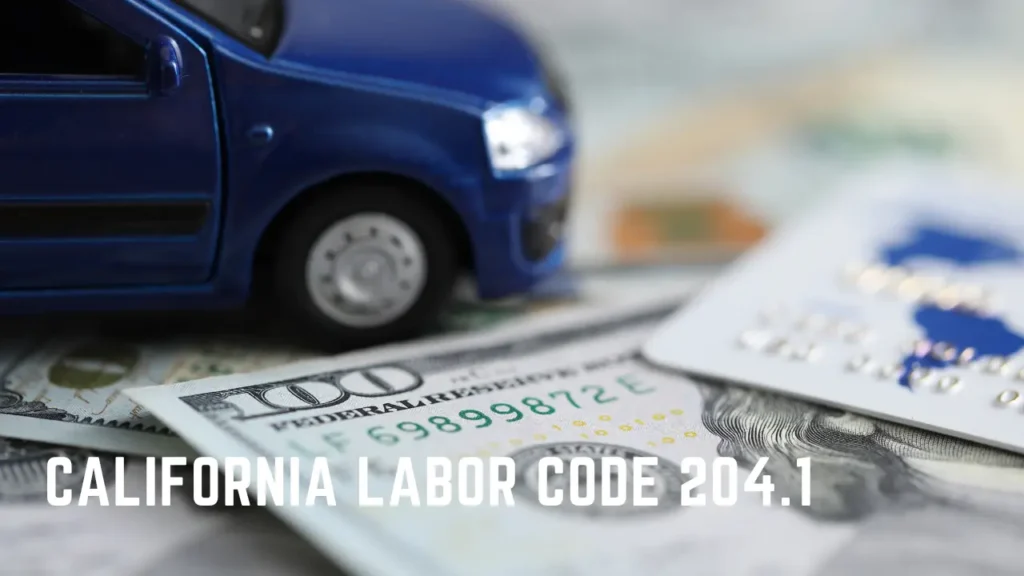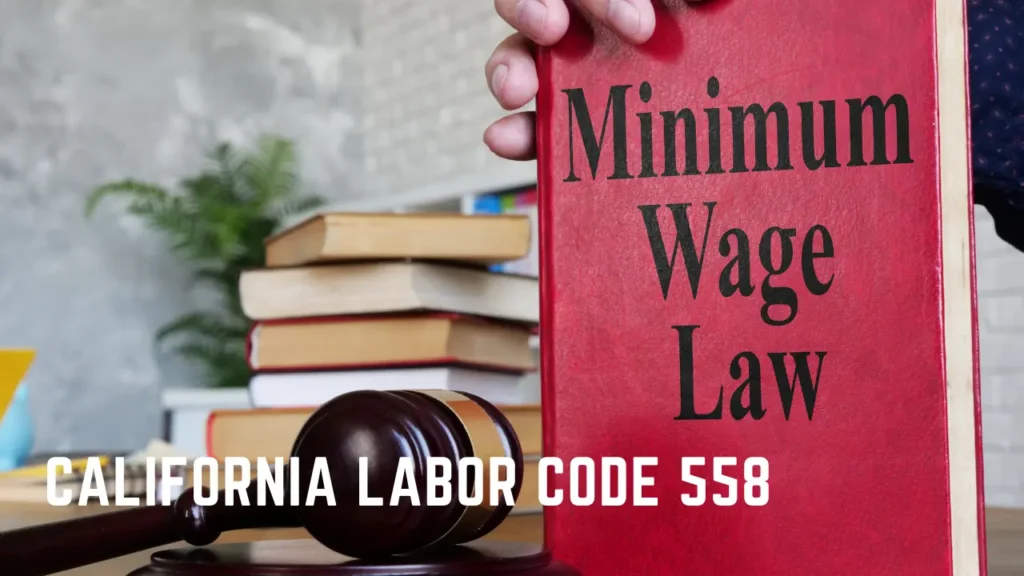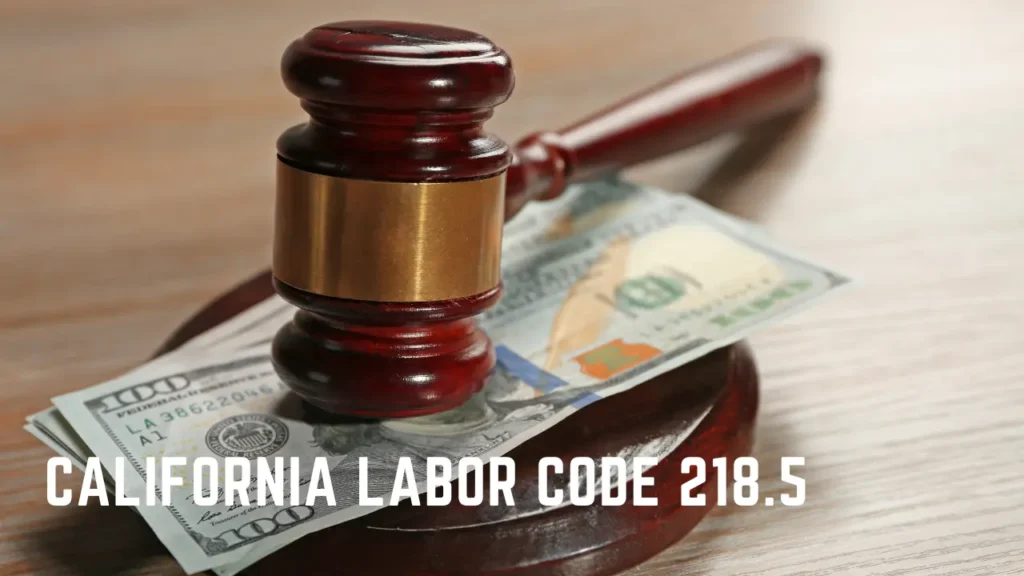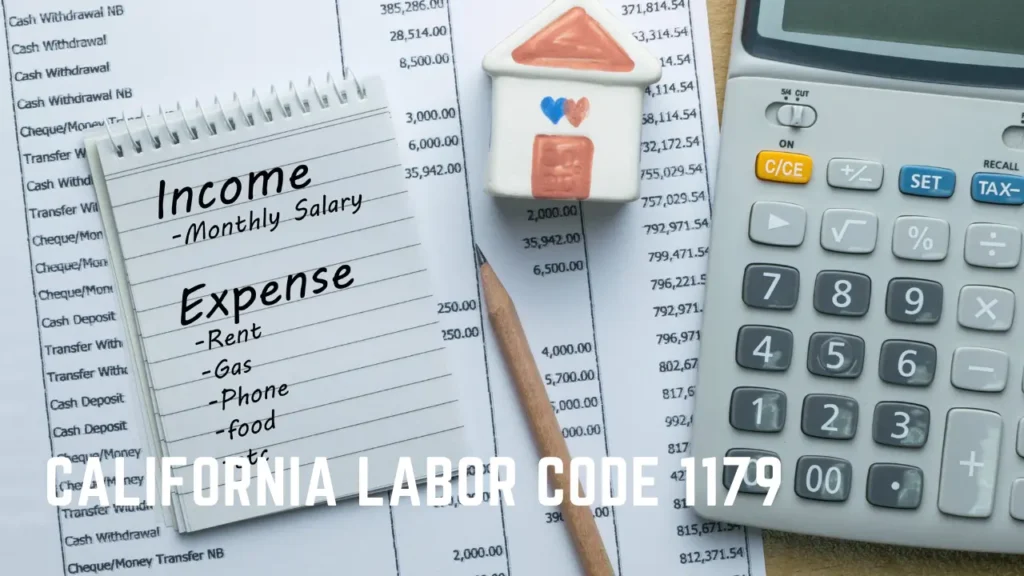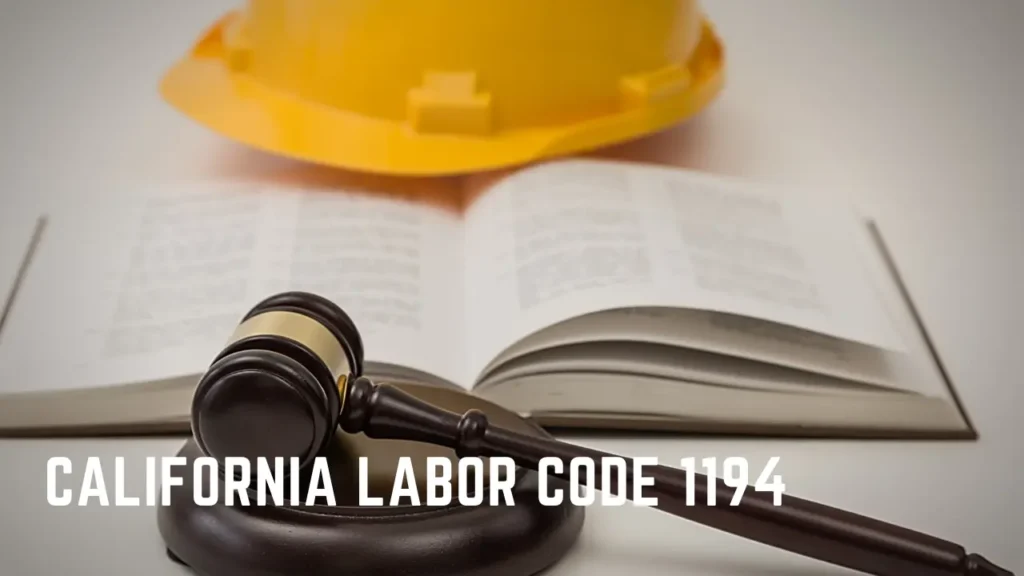Table of Contents
ToggleAs we navigate the complexities of this issue, one may begin to appreciate the profound impact of worker classification on the dynamics of employment law and the Californian economy.
Understanding Worker Classification Criteria
In comprehending the criteria for worker classification in California, it is paramount to distinguish between an independent contractor and an employee, each having distinct operational and legal characteristics. An independent contractor typically has overall control of how a task is performed, while an employee is often promised a specific payment and their task performance is under the employer’s control.
California utilizes the ABC test criteria: freedom from the employer’s control, performing work outside the usual course of the business, and being engaged in an established trade or occupation. Legal ramifications exist for misclassification, including lawsuits that can lead to financial compensation. Workers also have the right to challenge misclassification through legal action. Careful consideration of these factors is essential in determining an employment relationship.
Consequences of Employee Misclassification
Misclassifying employees as independent contractors carries significant consequences for both workers and employers in California, impacting wages, benefits, legal protections, and potential liability for damages. Misclassified employees may lose out on key benefits such as health insurance, overtime, and sick leave, while employers face penalties for non-compliance with wage and hour laws.
Employers may also be held liable for back taxes and insurance costs. Moreover, employers can be subject to civil lawsuits, potentially resulting in significant financial loss. The misclassification can also lead to reputational damage, leading to loss of business and trust amongst customers.
Therefore, it is crucial for businesses to accurately determine a worker’s status to avoid these costly consequences.
Legal Penalties for Misclassification
While the effects of misclassification on workers and employers are extensive and multifaceted, the legal penalties that employers face for such misclassification can be particularly severe, thereby underscoring the importance of correct worker classification.
In California, employers found guilty of misclassification can face significant fines. For instance, willful misclassification carries civil penalties ranging from $5,000 to $25,000 per violation. Additionally, employers may be held liable for unpaid wages, overtime, and meal/rest breaks for misclassified employees.
In certain cases, employers could even face joint and several liability, as seen in the trucking industry. These substantial legal penalties serve as a strong deterrent, reinforcing the gravity of proper worker classification under California law.
Statutes of Limitations and Precedents
Given the severe penalties for the misclassification of employees, understanding the statutes of limitations and legal precedents in California is critical for both employers and employees.
The statute of limitations depends on the type of claim: for instance, unpaid wage claims can be filed within three years, while penalties for wage statement violations can be sought for one year.
In terms of precedents, the Dynamex decision and the passage of Assembly Bill 5 are pivotal, as they established the ABC test for determining employee status. The test posits that a worker is an employee unless the employer proves A) the worker is free from control, B) the work is outside the usual course of business, and C) the worker is customarily engaged in an independently established trade.
Legislative Impact and Compliance
In the evolving landscape of California’s labor laws, the legislative impact and need for compliance have become increasingly paramount, particularly in the context of proper worker classification. The introduction of Assembly Bill 5 (AB5) necessitated a reevaluation of worker status, using the stringent ABC test.
Further, Proposition 22’s upholding has significant implications for gig economy companies, mandating compliance with labor laws. Misclassification lawsuits underscore the criticality of adherence to these laws. Non-compliance may result in substantial financial penalties and reputational damage.
In this dynamic legal environment, businesses must proactively ensure worker classification aligns with statutory stipulations, to mitigate potential litigation risks. The legislative landscape compels an imperative for rigorous compliance mechanisms, reaffirming the significant role of accurate worker classification in California’s labor market.
Conclusion
In conclusion, understanding the distinction between independent contractors and employees in California is imperative due to the legal and financial implications of misclassification. The stringent ABC test employed by the state, legal precedents, and recent legislation all play a significant role in worker status determination.
Workers have rights to challenge their status and employers are required to comply with the laws to avoid penalties. Misclassified workers can seek damages and are protected from retaliation under California laws.





